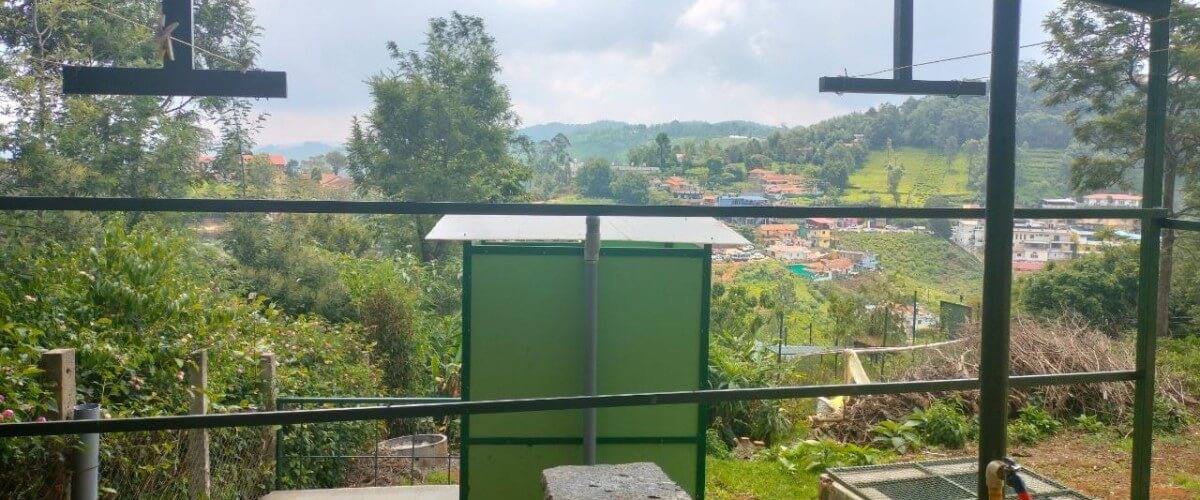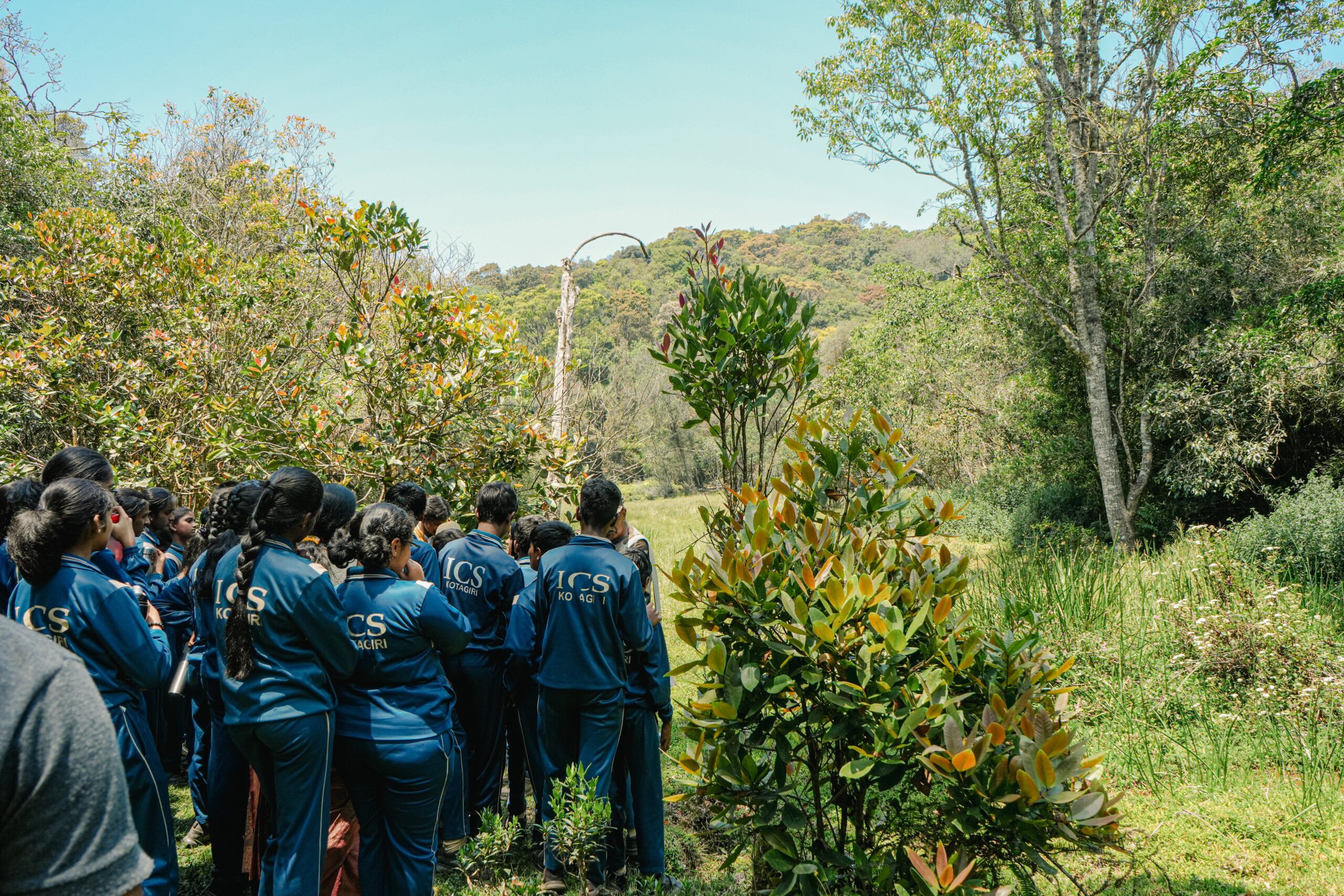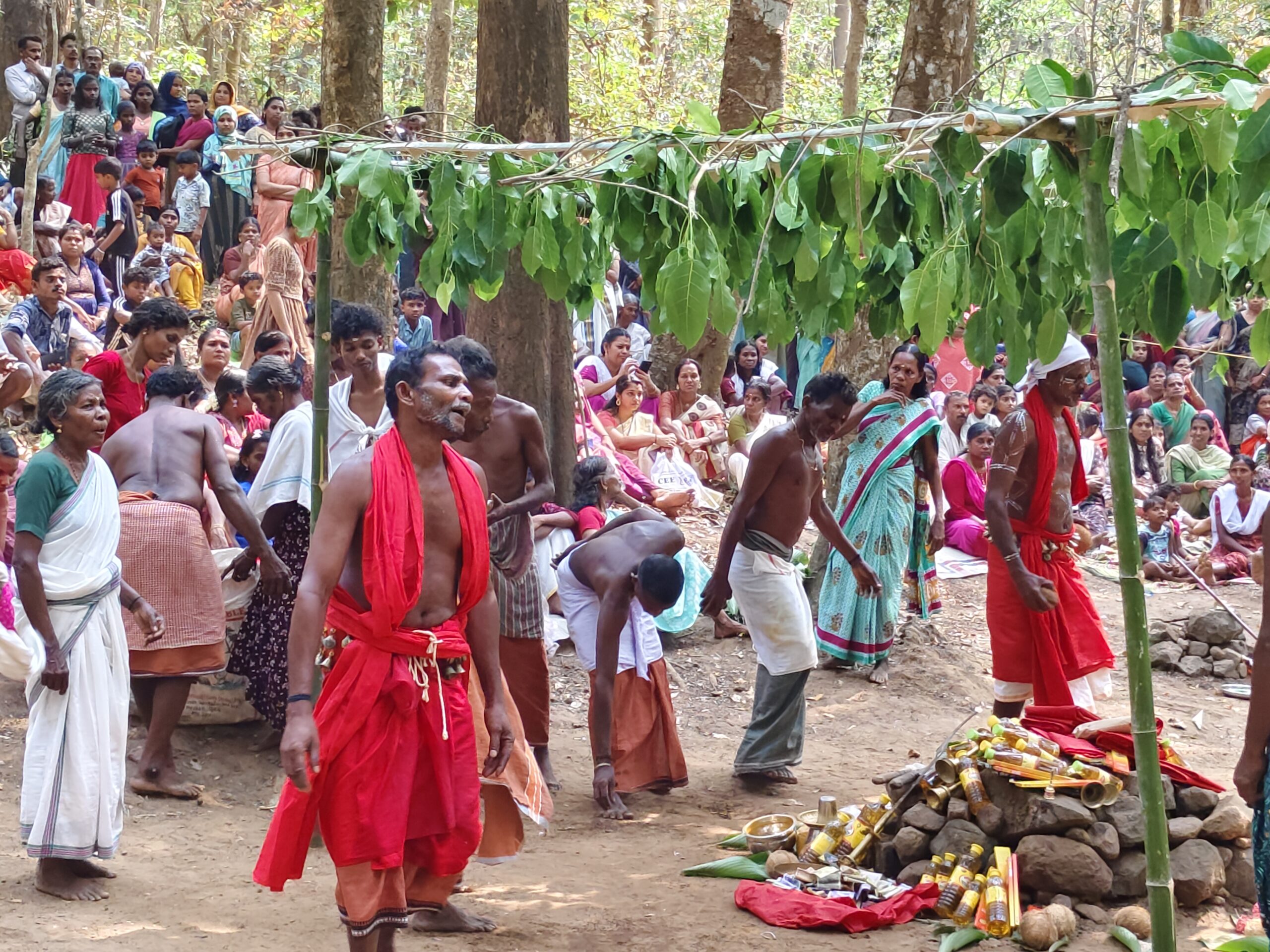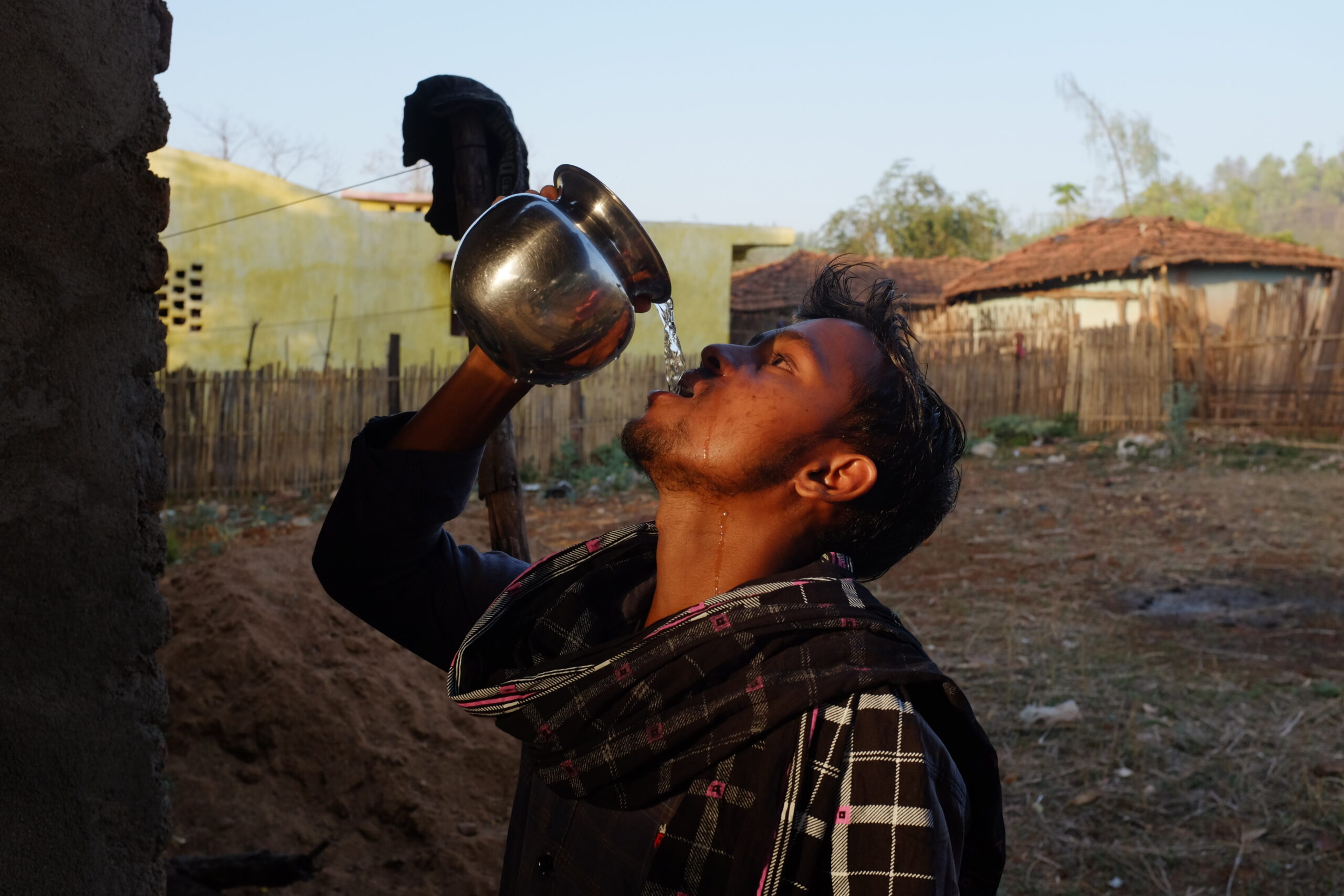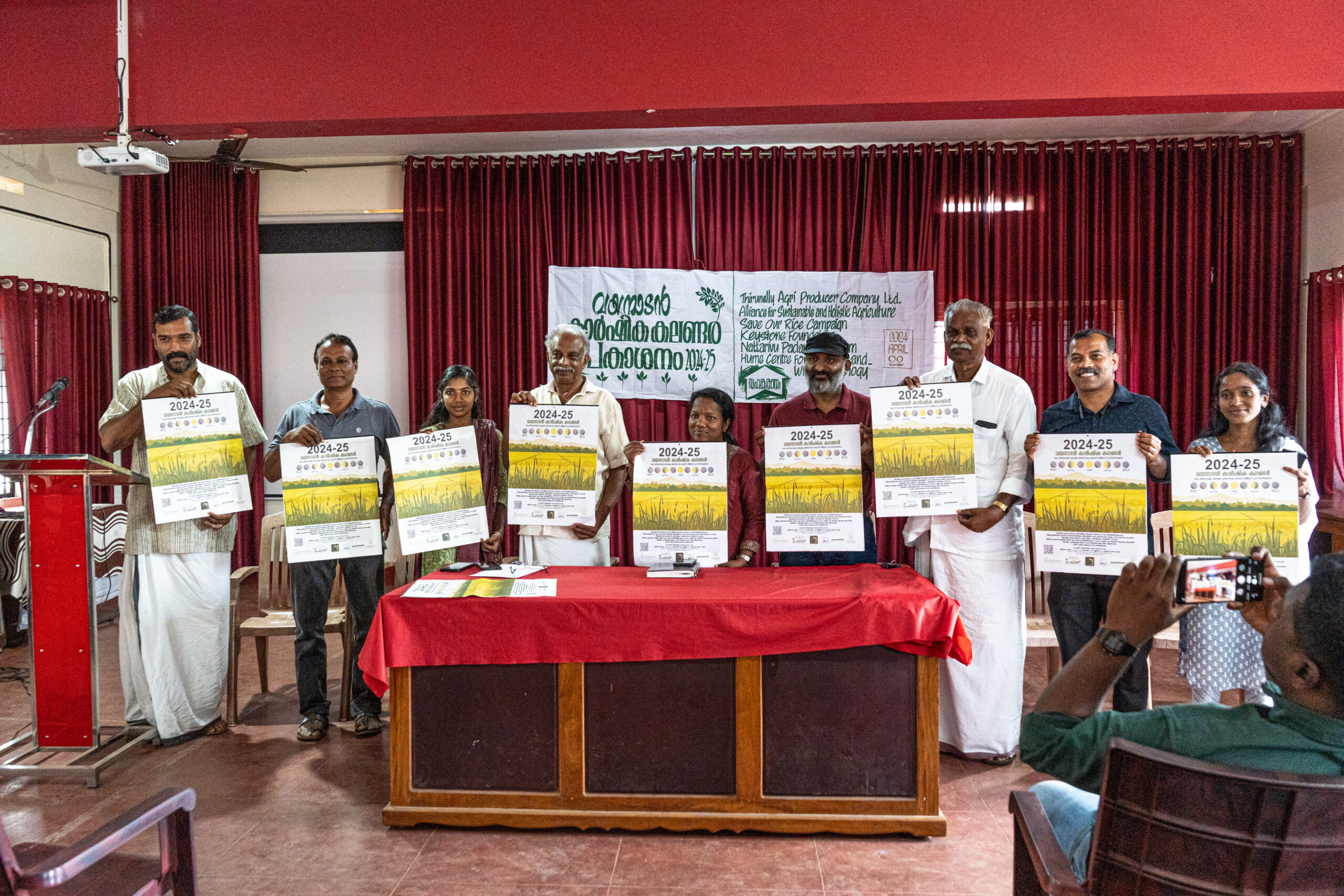May 22, 2023
By Vignesh M. & Nathania John,
Water & Sanitation team & Communications
The Water and Sanitation programme constructed eight bio-digester toilets in partnership with ‘cleantech’ organisation Nirgandh, in villages within Kotagiri taluk. Between March 15 and March 28, two units were set up in Sedikal, one in Garikayur, four in HMC Nagar and one on the Keystone campus. The capacity of each bio-toilet is 1,000 litres.
The bio-toilet consists of several layers of pebbles, stones, and chips penetrating four to 12 inches into the ground. The water from the toilet flows into the riverbeds after 15 to 20 days of filtration. This ‘reedbed’ sewage system (one that uses natural filtration) ensures that water is eventually returned to the environment, utilised for planation purposes. The wastewater is then absorbed by compost batteries powered by horse and cow dung, nutrients from which enrich the soil.


Many communities and individuals do not have the resources to build septic tanks, but have taken a keen interest in the concept of bio-toilets and their affordability and ease of use. The bio-toilet requires no septic tanks, and therefore save communities from huge monetary expenses on sanitation. Additionally, septic tanks are known to contaminate soil and groundwater, allowing toxic wastewater flow freely into the ground.
Sustainable sanitation entails appropriate, safe fecal sludge management that does not contaminate soil and groundwater. Nirgandh’s innovative bio-toilets ensure on-site treatment of fecal sludge, breaking the sanitation chain. For the treatment of human waste, the bio-digester uses anaerobic microbial inoculum, wherein solid feces is broken down and converted into water and traces of methane. The process leaves no sludge. Additionally, almost all the hydrogen is consumed, meaning there is no conversion to ammonia or hydrogen sulphide, leaving the wastewater odour-free. This is how fecal sludge is managed on site, hence making the process low-cost, low-energy, safe for the environment and sustainable.
Our recent initiation of a partnership with IIT-Palakkad catapulted us to implement bio-digester toilets in remote areas immediately as the first action step taken in this partnership. These toilets are ideal in areas where land capacity is limited, and inaccessibility of sanitary necessities is rampant among communities. Access to safe sanitation is a fundamental human right, and we hope that these bio-toilets can cater to underprivileged communities, while keeping soil and groundwater safe from further contamination.

